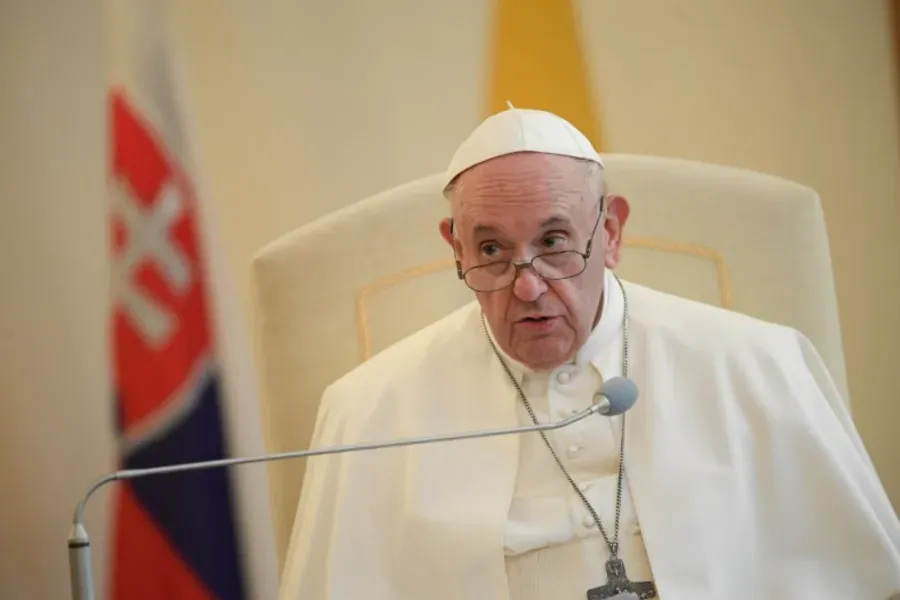“Now I hope that with the decision to stop the automatism of the ancient rite we can return to the true intentions of Benedict XVI and John Paul II,” he said. “From now on, those who want to celebrate with the Vetus Ordo [Traditional Latin Mass] must ask permission from Rome as is done with biritualism.”
Biritualism is the temporary or permanent privilege of a priest to celebrate the liturgy and administer the sacraments in more than one rite, such as the Latin Rite and one of the Eastern rites.
Pope Francis described reports that some young priests had asked for permission to offer the Traditional Latin Mass from their bishop a month after ordination as “a phenomenon that indicates that we are going backward.”
In an earlier part of the meeting, Francis had lamented an “ideology of going backward,” which he said was not a universal problem in the Church, but affected some countries.
“The temptation to go backward. We are suffering this today in the Church,” he said.
(Story continues below)
Francis recounted an anecdote told to him by a cardinal about two of his newly ordained priests who asked for permission to study Latin to be able to celebrate the Mass well.
According to the pope, the cardinal responded “with a sense of humor,” telling the priests: “But there are many Hispanics in the diocese! Study Spanish to be able to preach. Then, when you have studied Spanish, come back to me and I’ll tell you how many Vietnamese there are in the diocese, and I’ll ask you to study Vietnamese. Then, when you have learned Vietnamese, I will give you permission to study Latin.”
The cardinal made the priests “‘land,’ he made them return to earth,” the pope commented.
“I go ahead, not because I want to start a revolution,” Pope Francis said. “I do what I feel I must do. It takes a lot of patience, prayer and a lot of charity.”
This report was updated at 5:45 a.m. MDT to include the pope’s comments on the Traditional Latin Mass.
Hannah Brockhaus is Catholic News Agency's senior Rome correspondent. She grew up in Omaha, Nebraska, and has a degree in English from Truman State University in Missouri.








